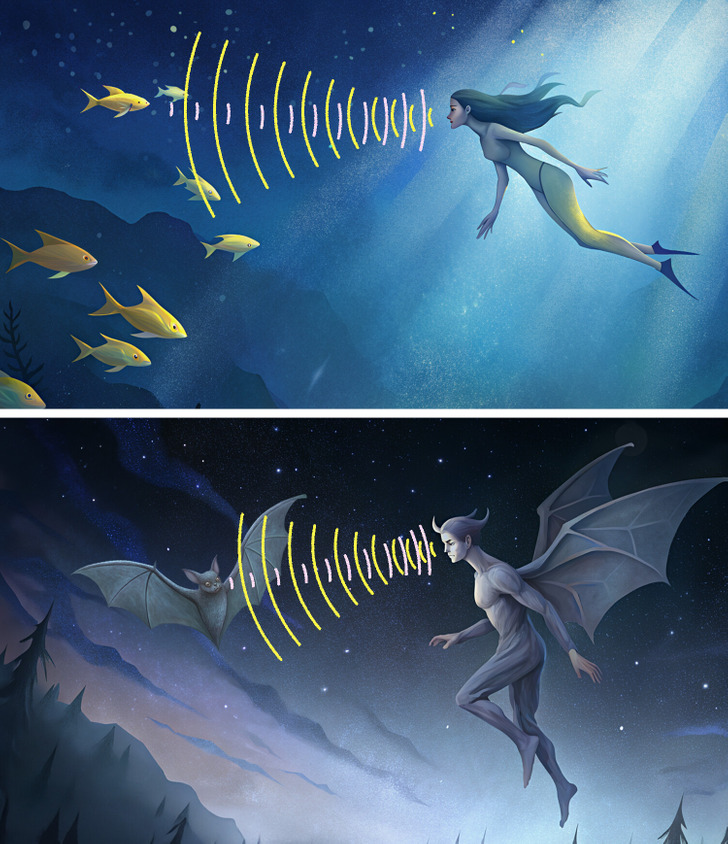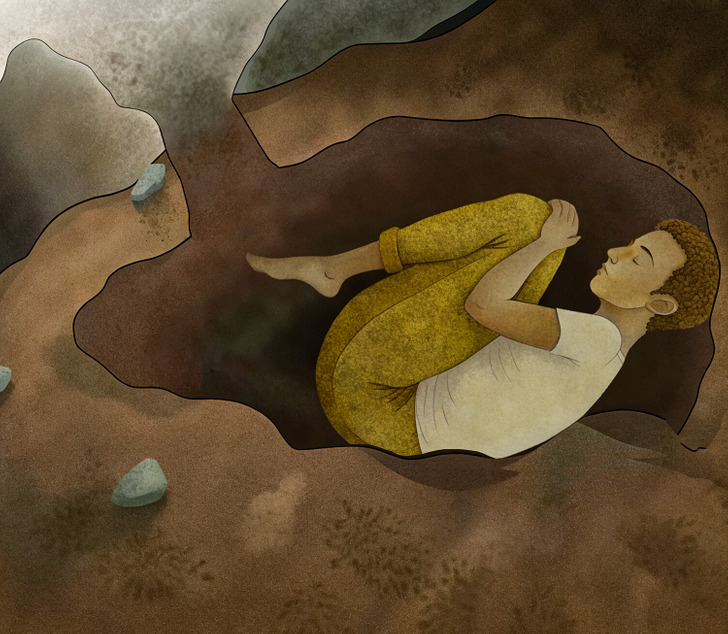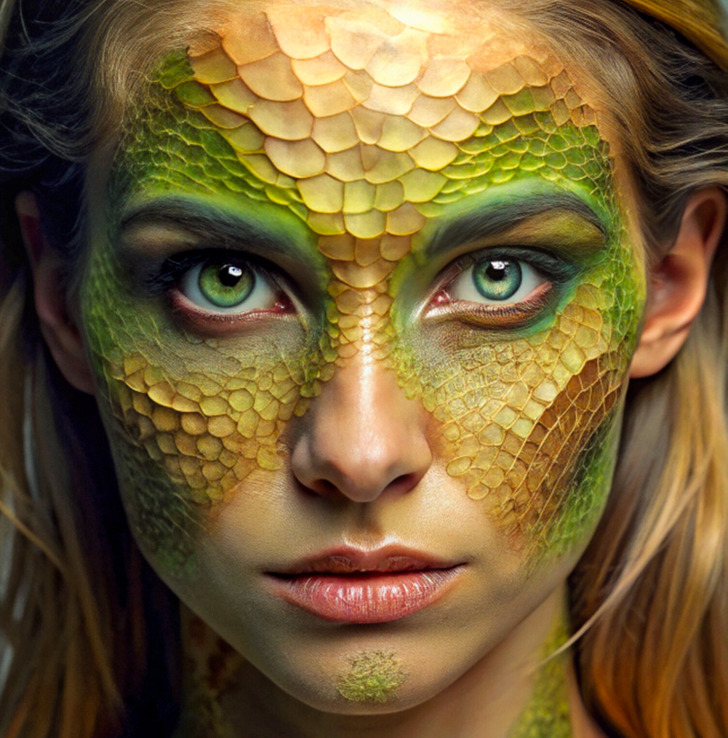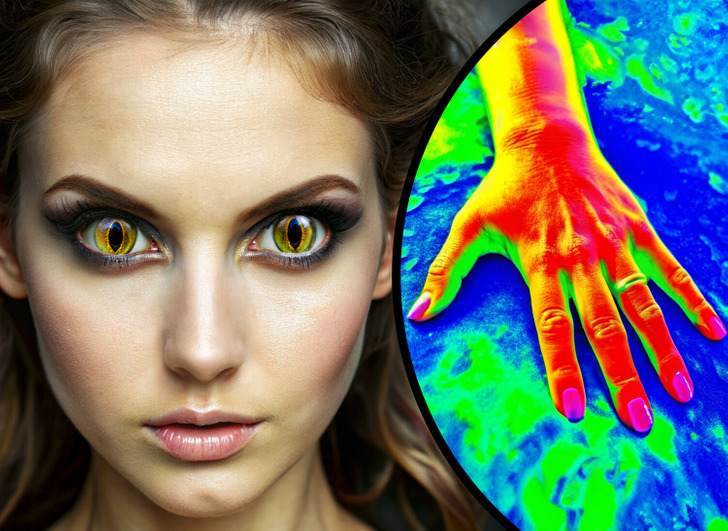Just read that Brightside article — really made me think 🐾 about how weird and wonderful “animal traits” might be. I survived a ruptured brain aneurysm, so things like balance, instincts, senses … all that stuff hits differently when your brain goes through something major. The way the https://bookclinics.com/article/brain-aneurysm-repair article breaks down aneurysm repair — especially options like coiling vs. clipping and the importance of fast, expert treatment abroad — reminds me how every little detail can truly matter. It’s wild how resilience shows up in us humans, kind of our own version of animal survival.
What Could Human-Animal Fusion Mean for the Future

We have all sometimes imagined how complex nature is and what if we were not what we are right now. What if humans possessed some abilities that animals have, and how they would affect the appearance of today’s man? What if we could regenerate lost or damaged body parts, and what if we were able to hibernate? Thanks to advanced technology and predictions, we can explore these ideas.
Disclaimer: Please be aware that the visual representations accompanying this article are imaginative recreations and may not be accurate.
Regenerate lost or damaged body parts

Certain types of lizards, salamanders, and starfish have the ability to regenerate their lost or damaged body parts, such as tails or even entire bodies. What could happen if humans possessed this ability? Imagine the power of regenerating limbs, organs, or even entire body systems. These processes would revolutionize medicine.
Regeneration could slow down the aging process by repairing and rejuvenating aging cells and tissues. It might not make humans immortal, but it could extend their lifespan significantly, leading to a fundamental shift in societal structures and values. As for now, the only body part that can regenerate itself in humans is the liver.
Mimic the appearance and behavior of others

Animals like lizards, octopuses, and chameleons can change their appearance and behavior to avoid danger. If humans had this ability, it could greatly enhance survival instincts. Imagine blending into surroundings to evade threats or disappear in wildlife settings—what a useful skill that would be!
Echolocation and returning sound waves

Some animals, like bats and dolphins, use echolocation to “see” their surroundings through sound waves. If humans could do this, it would make navigation in darkness or low visibility much easier. This ability could enhance safety during activities like driving or exploring caves.
Echolocation in humans might lead to unique forms of non-verbal communication. Imagine exchanging subtle sound cues or clicks with others, allowing for covert communication, or even developing a special sign language based on sound.
Hibernate like bears

Having the ability to hibernate, similar to some mammals like bears, would allow people to enter a state of hibernation during periods of scarcity or extreme conditions. This could conserve energy and reduce resource consumption, particularly useful for long space voyages or in resource-limited environments. In healthcare, this ability could be used for long periods of suspended animation during important medical procedures or to slow down diseases.
Ability to have Iguana-like skin

What if humans had tough, scaly skin like iguanas? This would provide better protection against the sun and physical injuries. Iguanas’ skin protects them from scratches, UV rays, and other damage. Additionally, the ability to change skin color like iguanas could help humans hide from predators or approach prey unnoticed.
Snake’s eyes

Snakes have eyes with distinctive vertical pupils and the ability to see in infrared. If humans had these types of eyes, they might see better in low-light conditions and detect heat signatures. This improved vision could be incredibly useful for navigating at night, conducting search and rescue missions more effectively, and spotting hidden objects or individuals.
Moreover, having infrared vision could revolutionize medical imaging, surveillance practices, and environmental monitoring. However, adapting to these new ways of seeing could fundamentally alter how humans perceive and interpret visual information.
The possible changes inspired by animals could completely revolutionize what humans are capable of. Even though these abilities are currently just ideas, they give us intriguing glimpses into how biology, technology, and our ability to adapt intersect.
At the beginning of The Descent of Man, Charles Darwin humorously pointed out about twelve bodily features that he deemed “ineffective, or close to it.” However, our bodies contain many other similar features worth exploring. Discover all of these intriguing anatomical quirks in this article.
Comments
Related Reads
16 People Who Could Barely Hold Back Their Rage

HR Fired Me Right Before My Vacation, So I Used It Against Them

My Sister Tried to Turn Our Family Cabin Into Her Free Resort, So I Changed the Rules

20+ Gifts That Prove It’s the Thought That Truly Counts

I Refuse to Forgive My Parents After They Took My Inheritance for Being Childless

10 Times a Moment of Pure Cruelty Was Actually a Secret Act of Kindness

11 People Who Chose Humanity Over Hatred in the Darkest Moments

I Found Out My MIL Was Sabotaging My Gender Reveal—Now I’m the Family Villain

15 Times Someone Showed Kindness Without Saying Anything

I Refuse to Let My MIL Be in My Life, So I Gave Her One Last Payback

I Refuse to Give Up My Weekends for Unpaid Work Events—Now HR Stepped In

I Refused to Let a 5 Y.O. Attend My Daughter’s Party—Now They Say I’m Cruel
